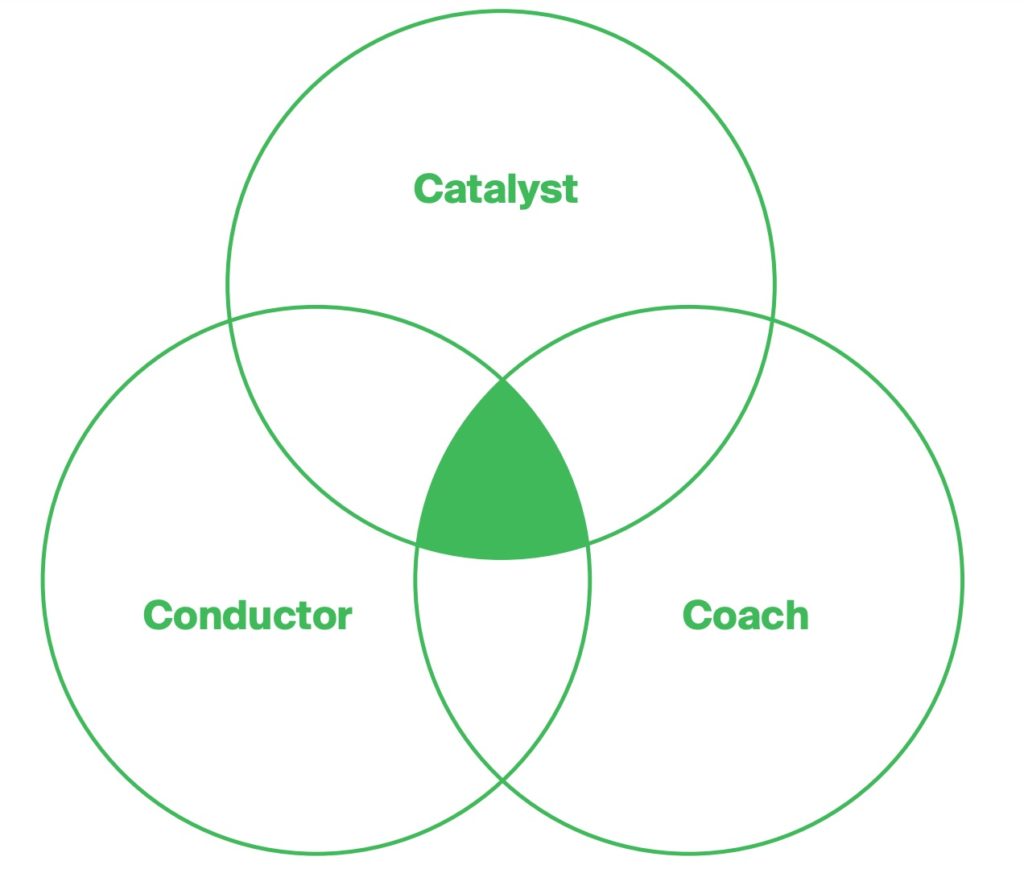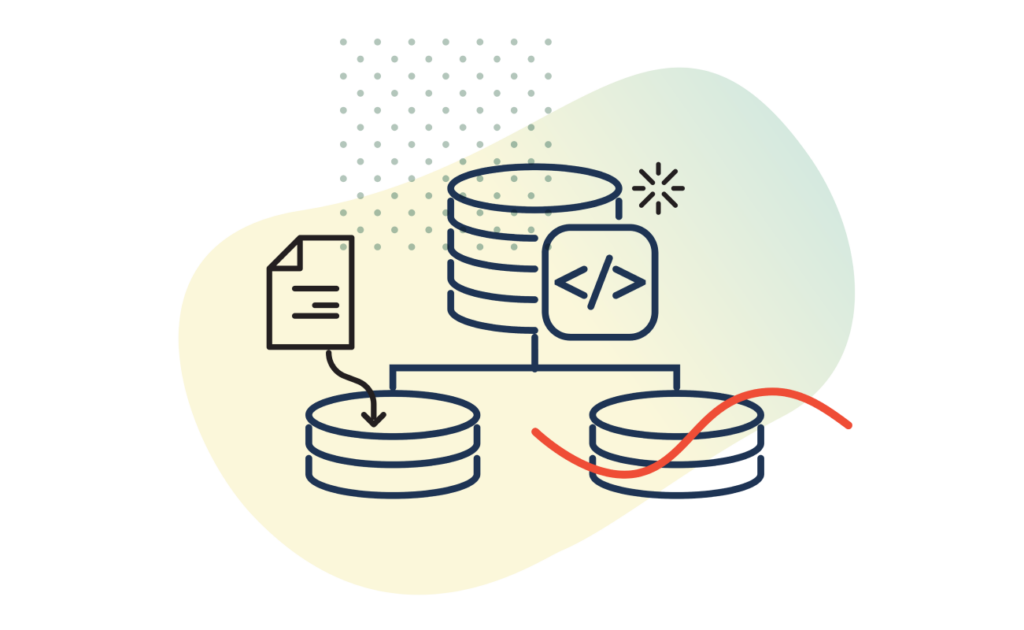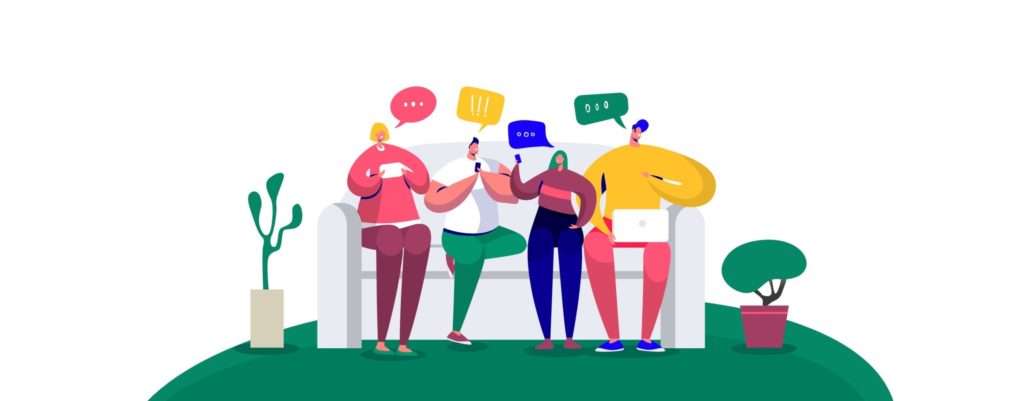Article
Become a Better Workshop Facilitator

Whether it’s a large organization like Google or Apple building an entire campus to encourage collaborative encounters, or a small business holding monthly all-hands meetings, collaboration takes many forms. One of those forms is workshop methods for innovation. Different workshop methods can be used to foster collaboration and effective problem-solving across a variety of challenges, connecting people and creating action, especially in a digital environment with decentralized teams.
If you’re leading one of these workshops focused on innovation, you play an important role in supporting diverse participation, fostering inclusion, and maintaining group energy.
A good workshop facilitator is a thoughtful catalyst, a skilled conductor, and an inspiring coach

Workshop participants need to have a clear understanding of their role in the group, expectations around participation, appropriate boundaries for discussion topics, and an understanding of desired outcomes. As a facilitator, you can establish these norms for the group, encourage sharing, keep participants engaged, and build momentum towards a goal.
Good facilitation can improve the output of a workshop, so you must be a neutral facilitator to get the most out of participants in guiding them through the workshop activities. If you’re concerned about any bias or lack of neutrality, consider designating another team member as a facilitator to produce the most valuable workshop results.
The key skills of a veteran facilitator
1. Flexibility
- Listens: Takes into consideration the input of all of the members and adapts based on what is heard
- Has a mixed agenda: Prepares a variety of activities or discussion points to suit the needs of the group
- Is comfortable not being the expert: Being a subject matter expert as a facilitator often makes it difficult to be impartial and incorporate participants’ feedback
2. Momentum
- Starts with an icebreaker: Builds group rapport with low-stakes fun.
- Asks naive questions: Ensures that no assumptions are left unspoken by forcing participants to answer questions that would otherwise go unanswered.
- Keeps people energized: Ensures engagement and productivity by constantly energizing the participants.
- Knows when to take breaks: Paying attention to the emotional and physical needs of the group is paramount.
3. Balance
- Lays ground rules: At the beginning of any workshop, a good facilitator discusses with participants the expected practices for engagement. This includes encouraging participants to stay positive and listen to everyone’s insights, endorsing open and productive conversation, and being process-oriented.
- Maintains an open mind: The facilitator should be removed from the participation to ensure no bias enters into the conversation. By staying impartial, a facilitator can foster discussion and capture all members’ participation.
- Acknowledges conflict: Encourages and facilitates productive friction to analyze all sides of a problem and reach fully evaluated conclusions.
- Balances role power: Balancing power ensures higher-level managers don’t shut down valuable insights from employees. It also ensures that all ideas get heard and solutions will reach their full potential.
Achieving effective collaboration comes with its fair share of challenges. Honing these three key skills will help you lead workshop participants to a new level of collaboration that results in valuable innovation.









